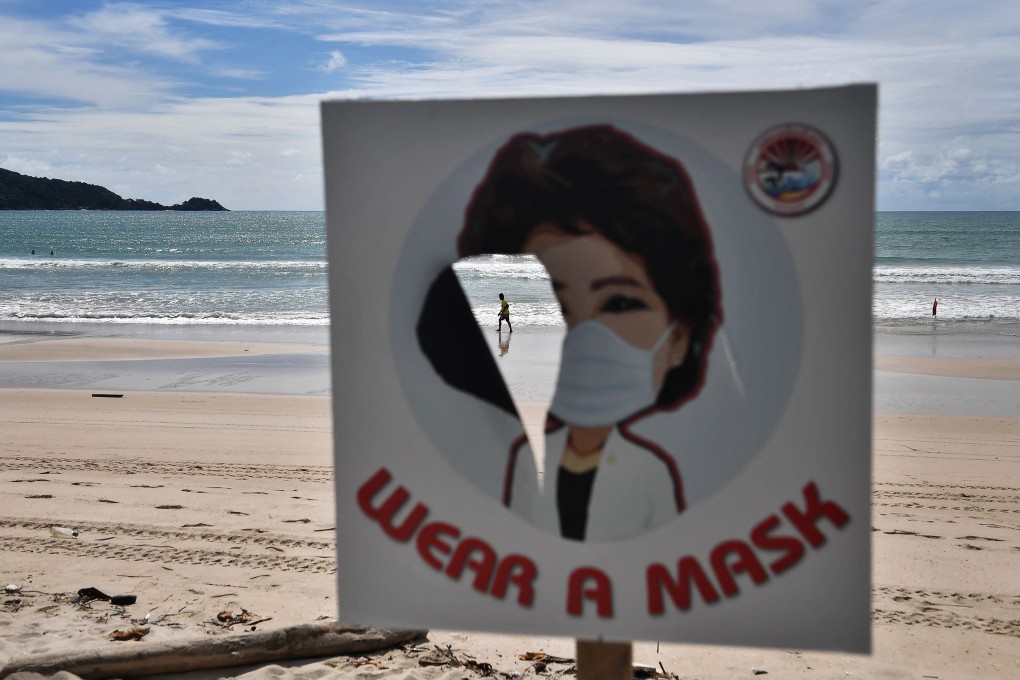Phuket takes baby steps out of Covid-19 pandemic with ‘sandbox’ plan for vaccinated foreigners
- The resort island is set to reopen this week after a year-long hiatus, offering quarantine-free stays for fully vaccinated tourists
- But with low occupancy rates, tricky regulations and cases surging in Bangkok, there is a long way to go before activities reach pre-Covid-19 levels

Yet Minister of Tourism and Sports Phiphat Ratchakitprakarn, in an interview with Bloomberg, has ruled out closing the country’s borders to combat any new virus clusters.
“We don’t want to close our borders again because it took us so long to get to this point of reopening to foreign travelers and was very difficult,” Phiphat said in an interview on Monday.
More than 2 million tourism workers have lost their jobs since the pandemic, Tourism Council of Thailand president Chamnan Srisawat said on Tuesday, with more than one-third of tourism businesses temporarily closed.

03:55
Thailand’s Phuket island reopens for vaccinated tourists under quarantine-free ‘sandbox’ scheme
But even with Phuket being the first holiday destination in the region to resume business under a “sandbox” scheme that will be a test case for other popular tourist spots, tourism industry observers and local business owners say it will take a long time to return to a pre-pandemic situation.